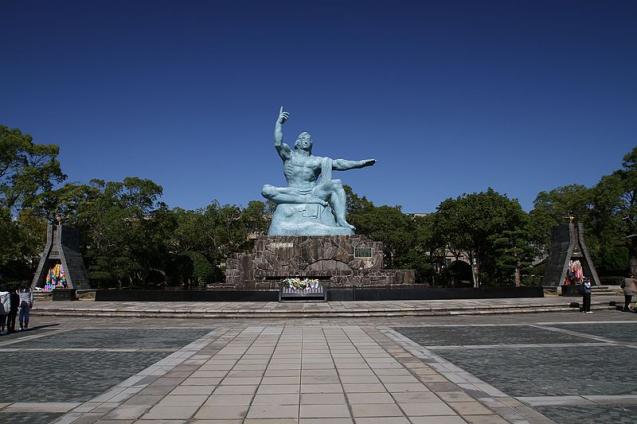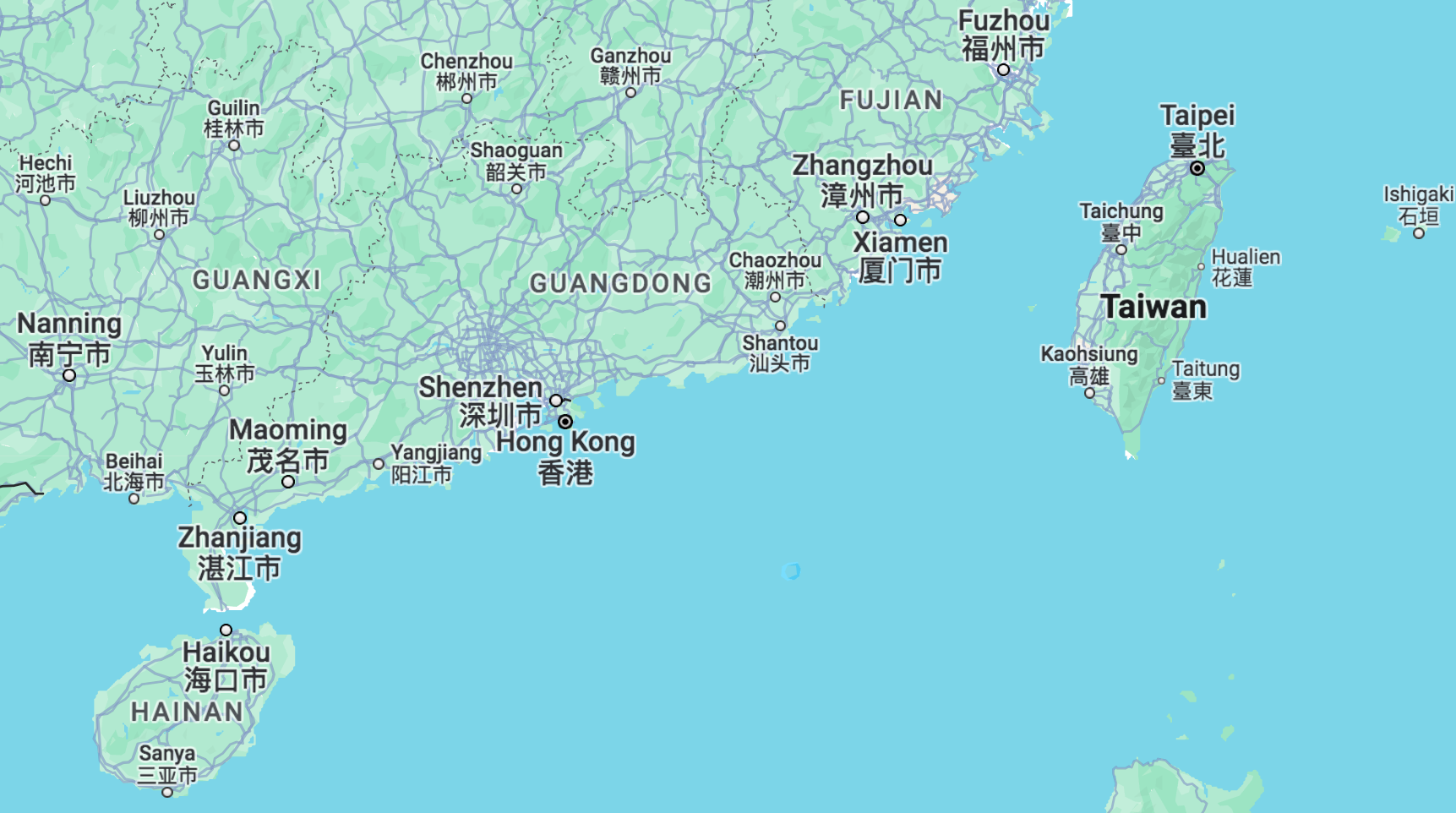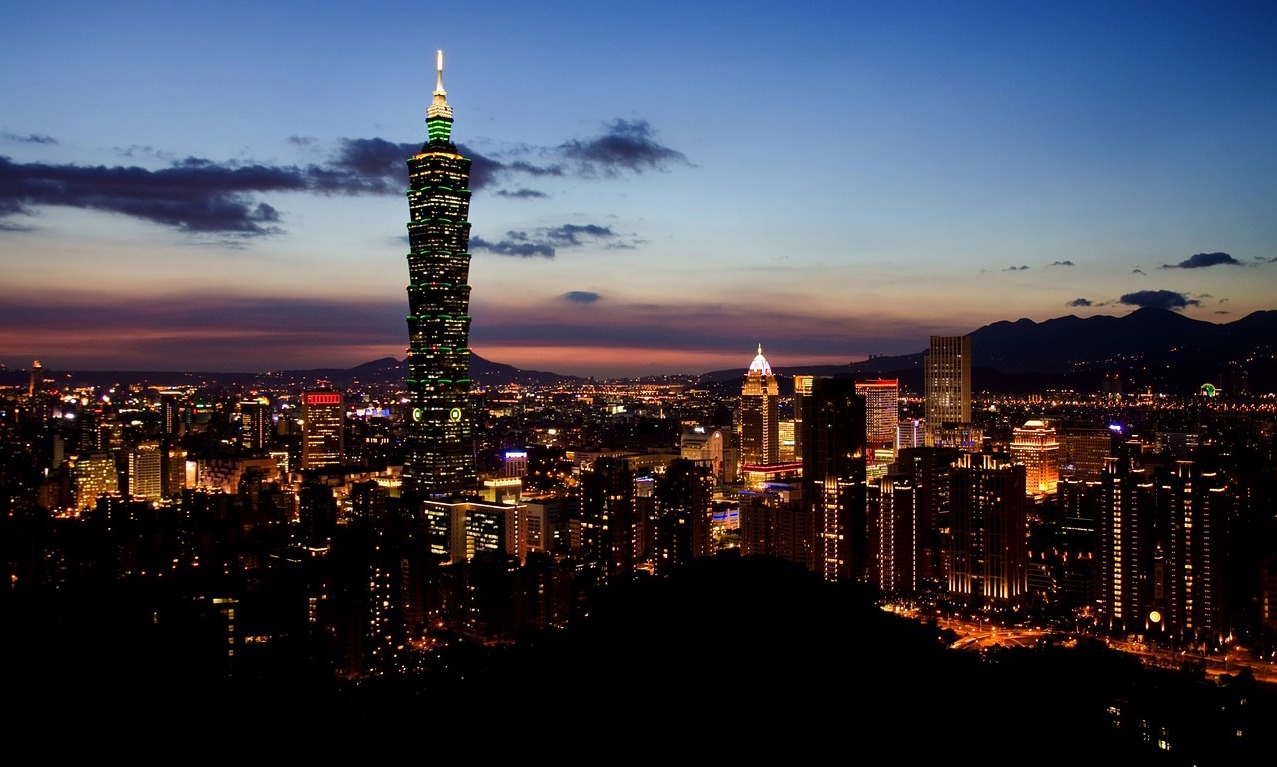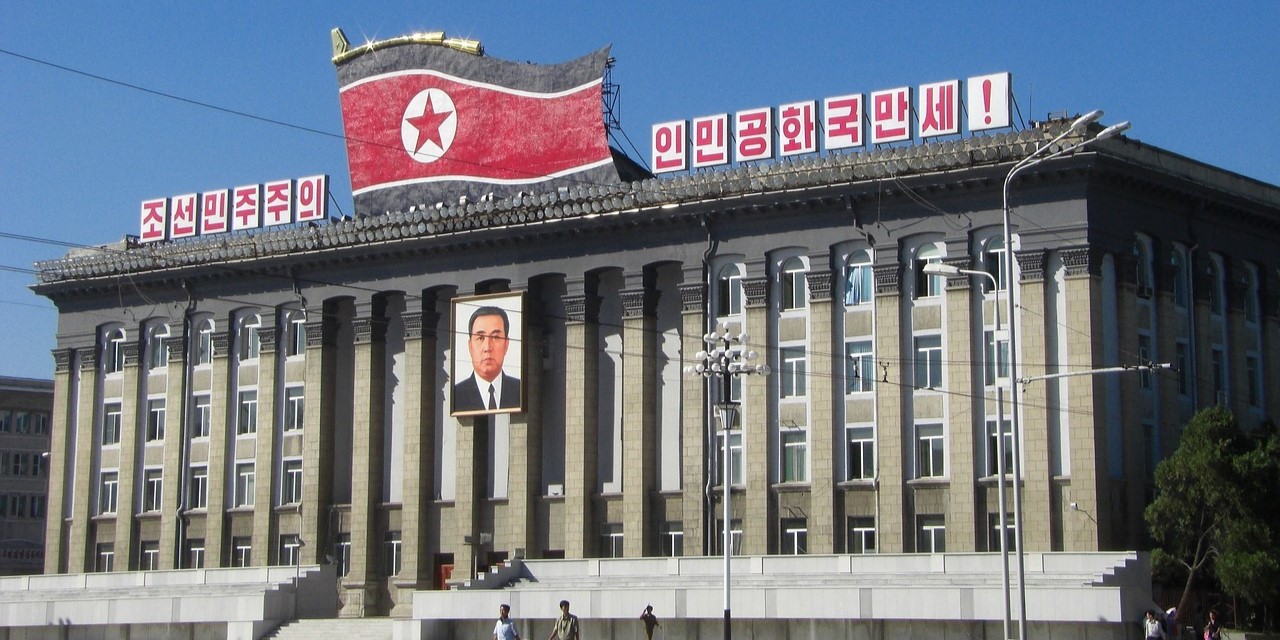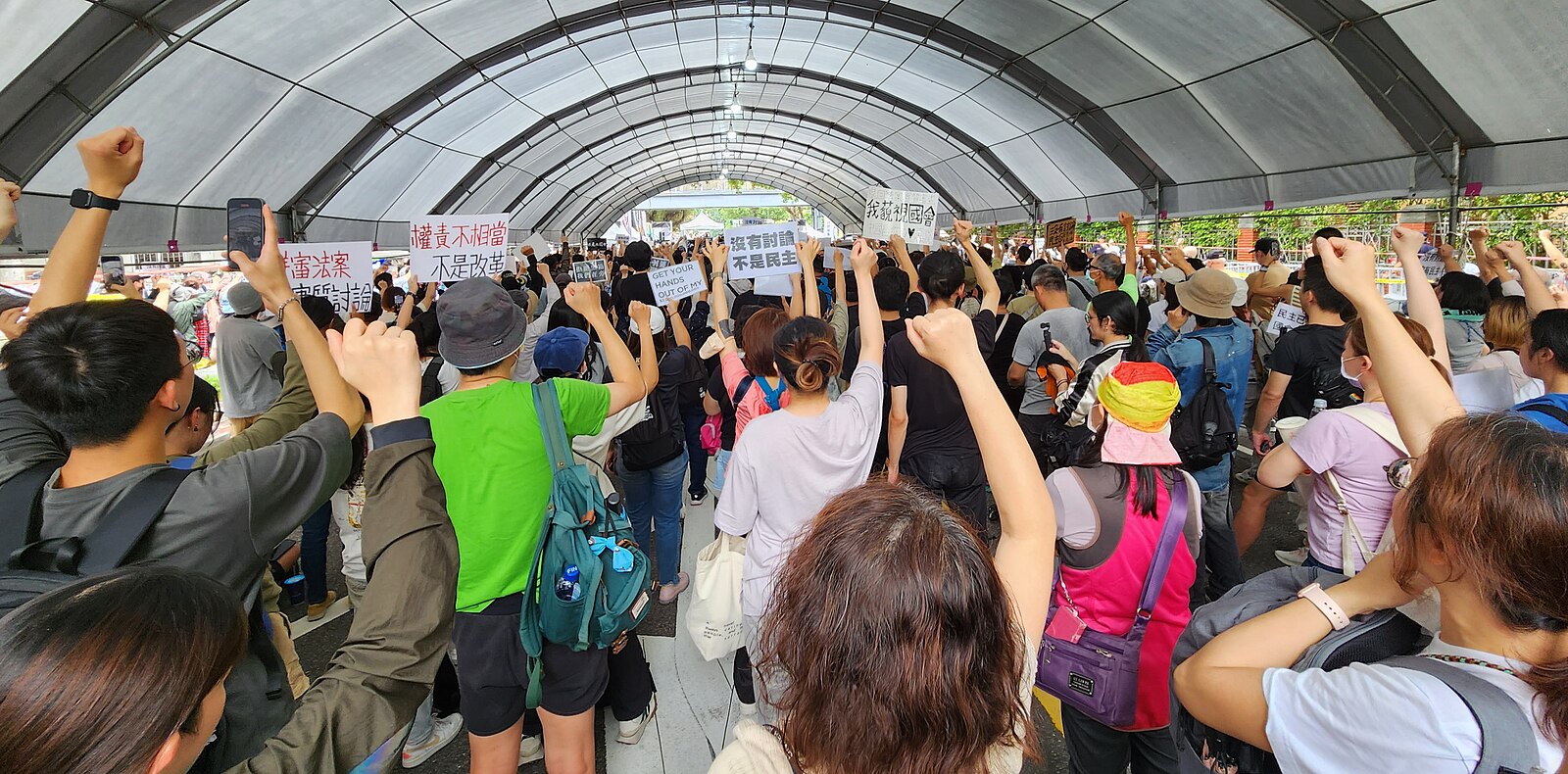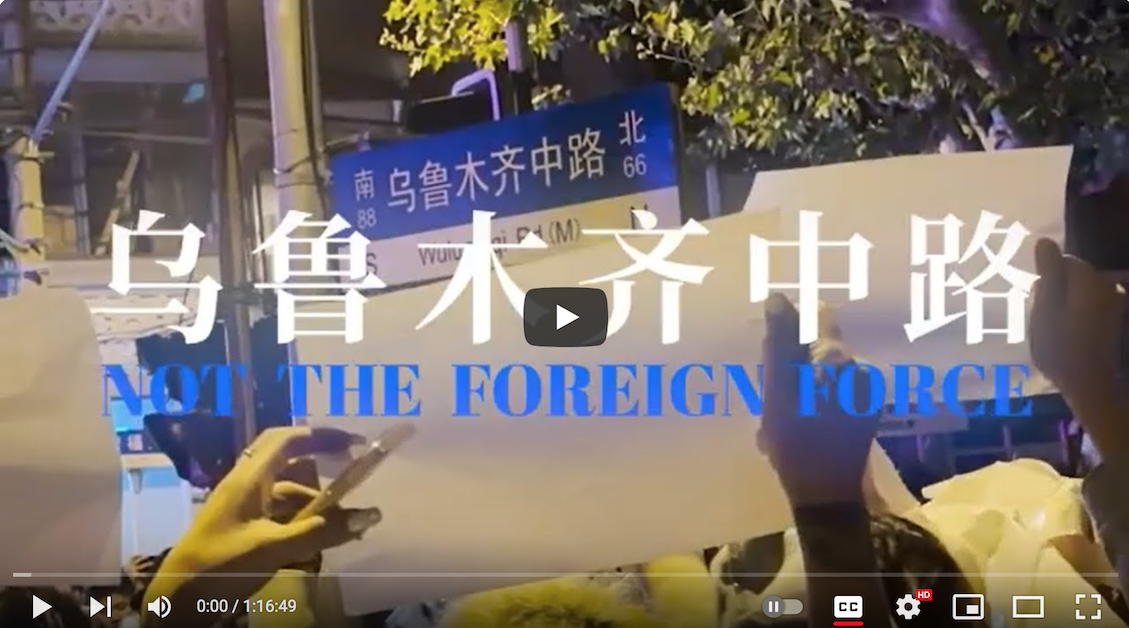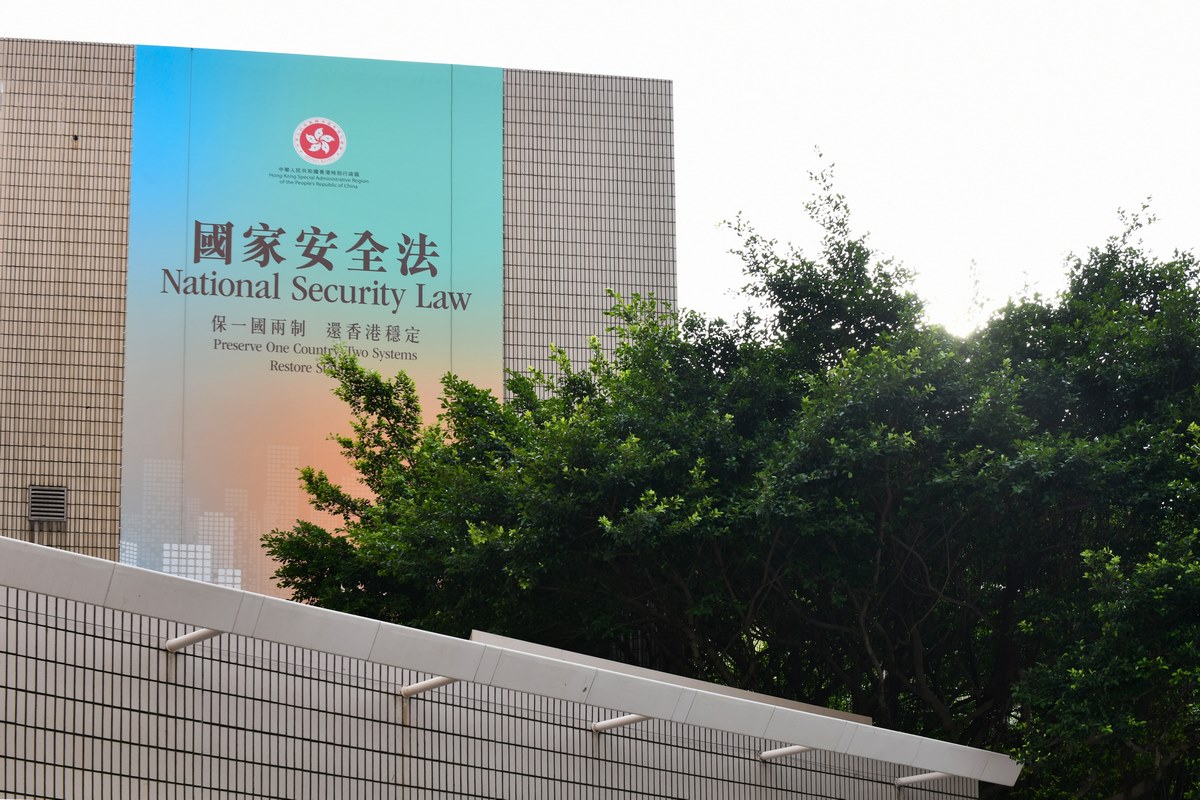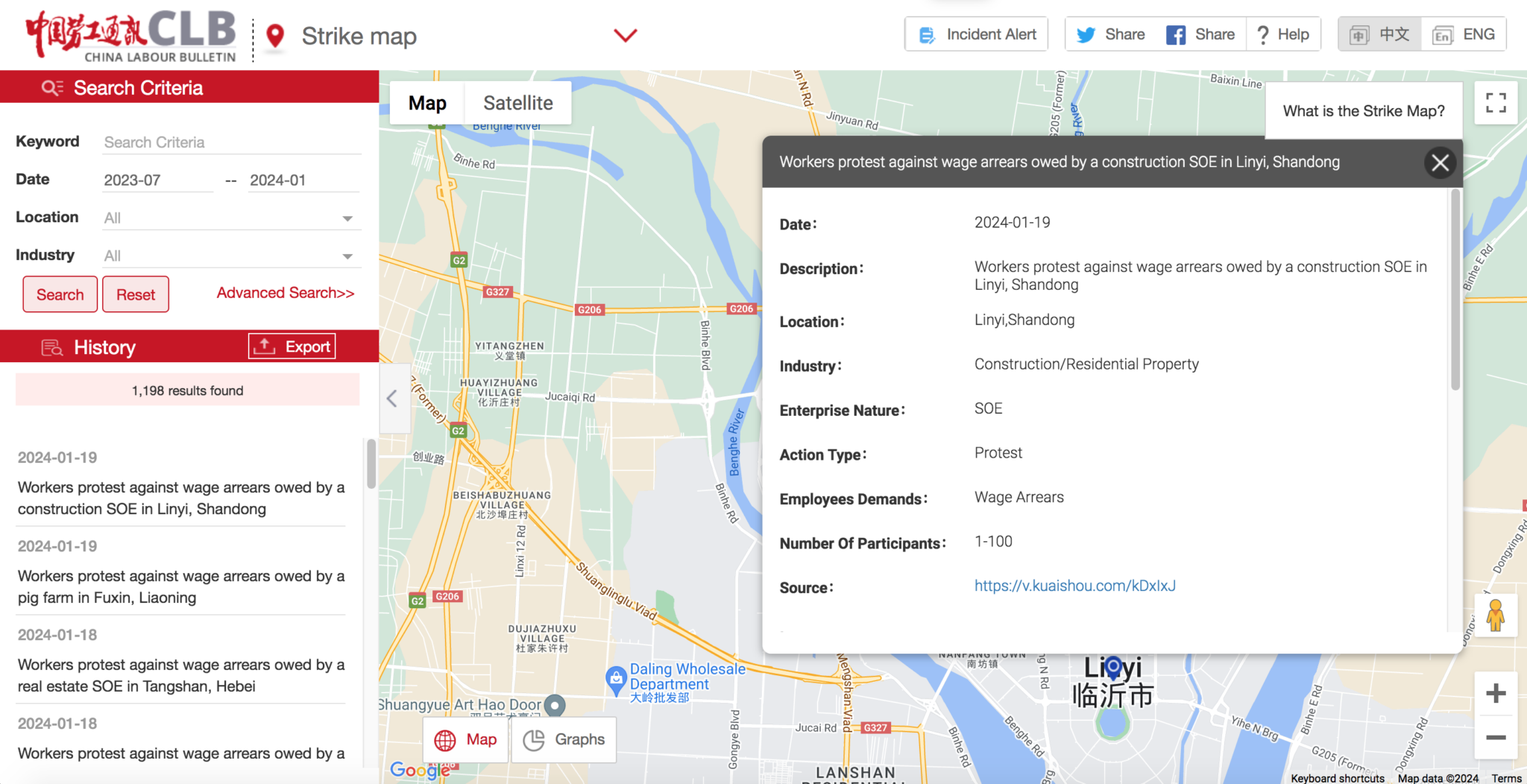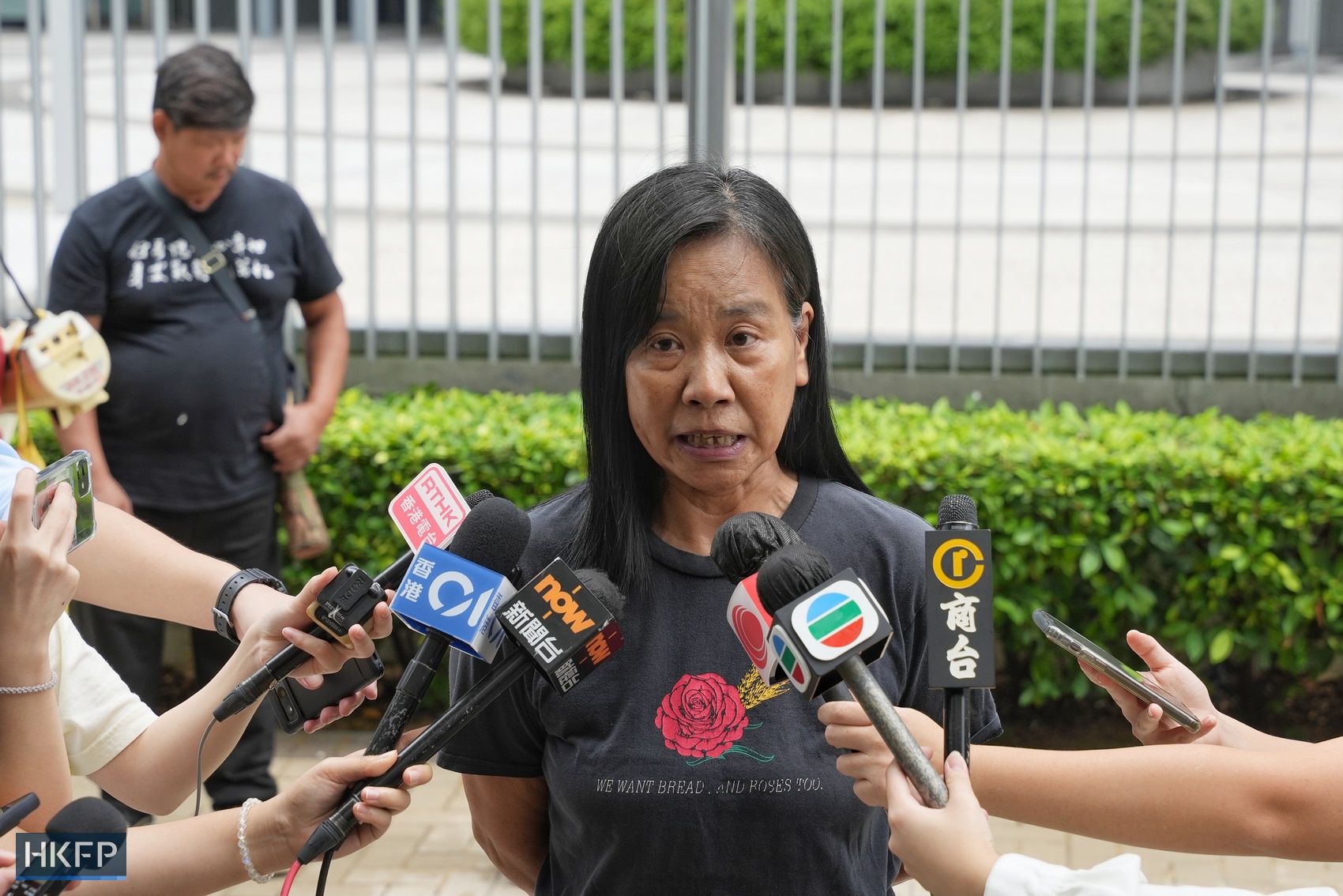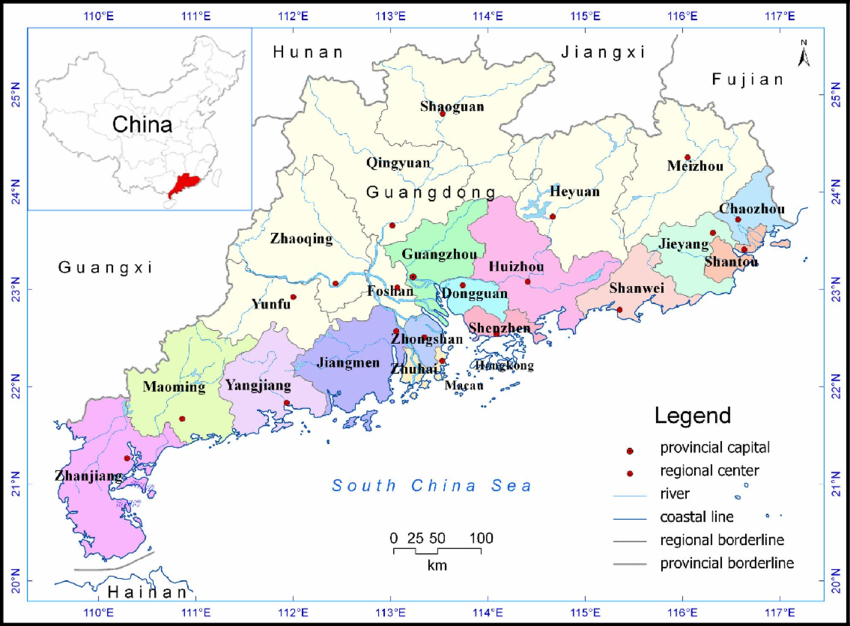
Nuclear power and the struggle in Guangdong
In Episode 240 of the CounterVortex podcast, Bill Weinberg discusses China’s hubristic plans for massive expansion of its nuclear power sector—and notes that some of the new plants are slated for the southern province of Guangdong, which in recent years has seen repeated outbursts of protest over land-grabs and industrial pollution as well as wildcat labor actions (and was, in fact, the site of a nuclear accident in 2021). China’s expropriated peasant class has been left behind by the breakneck industrialization of the past decades, and may prove a source of resistance to the new thrust of nuclear development that would further accelerate it—despite the current crackdown on dissent. Listen on SoundCloud or via Patreon. (Map via ResearchGate)



